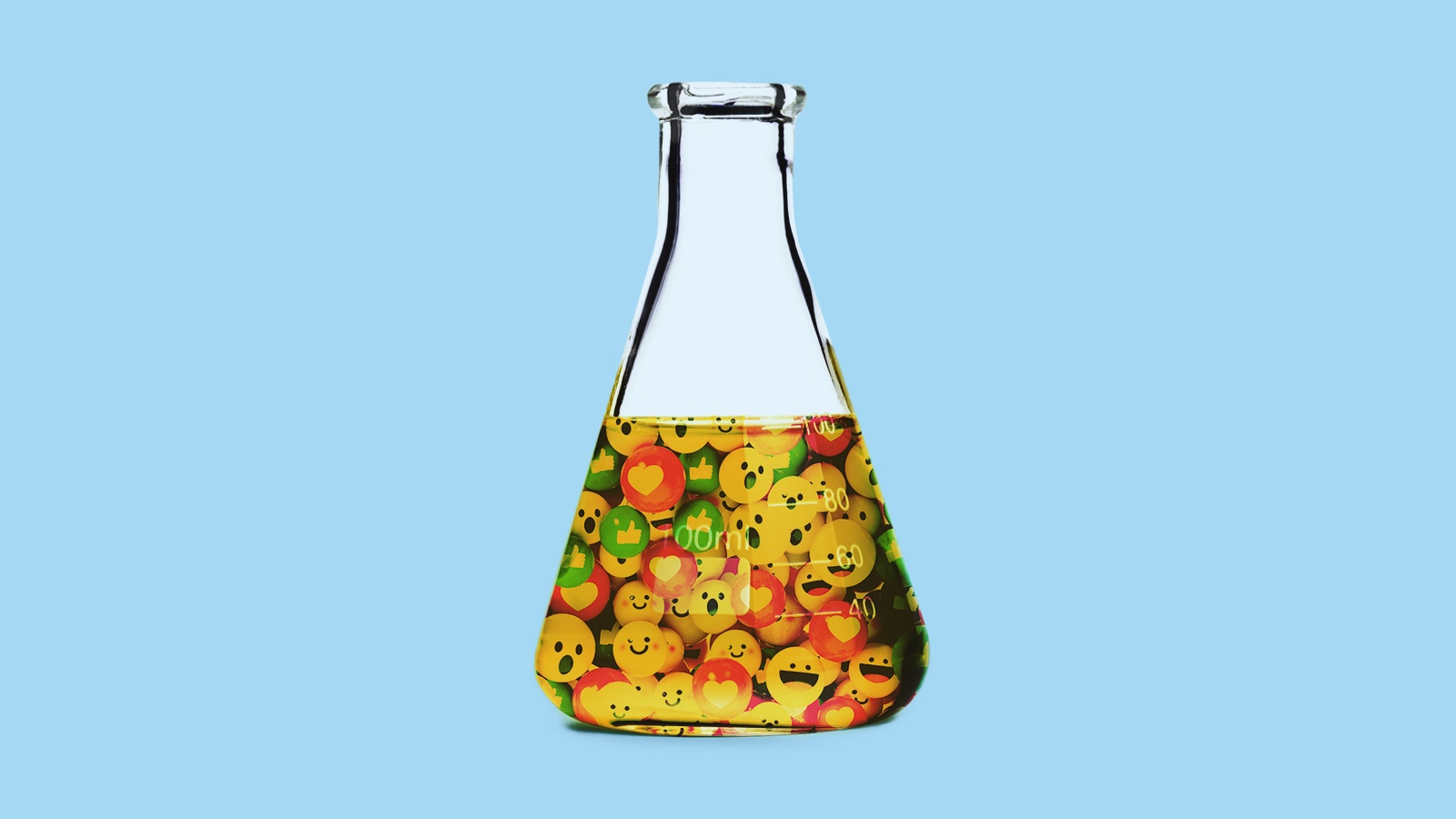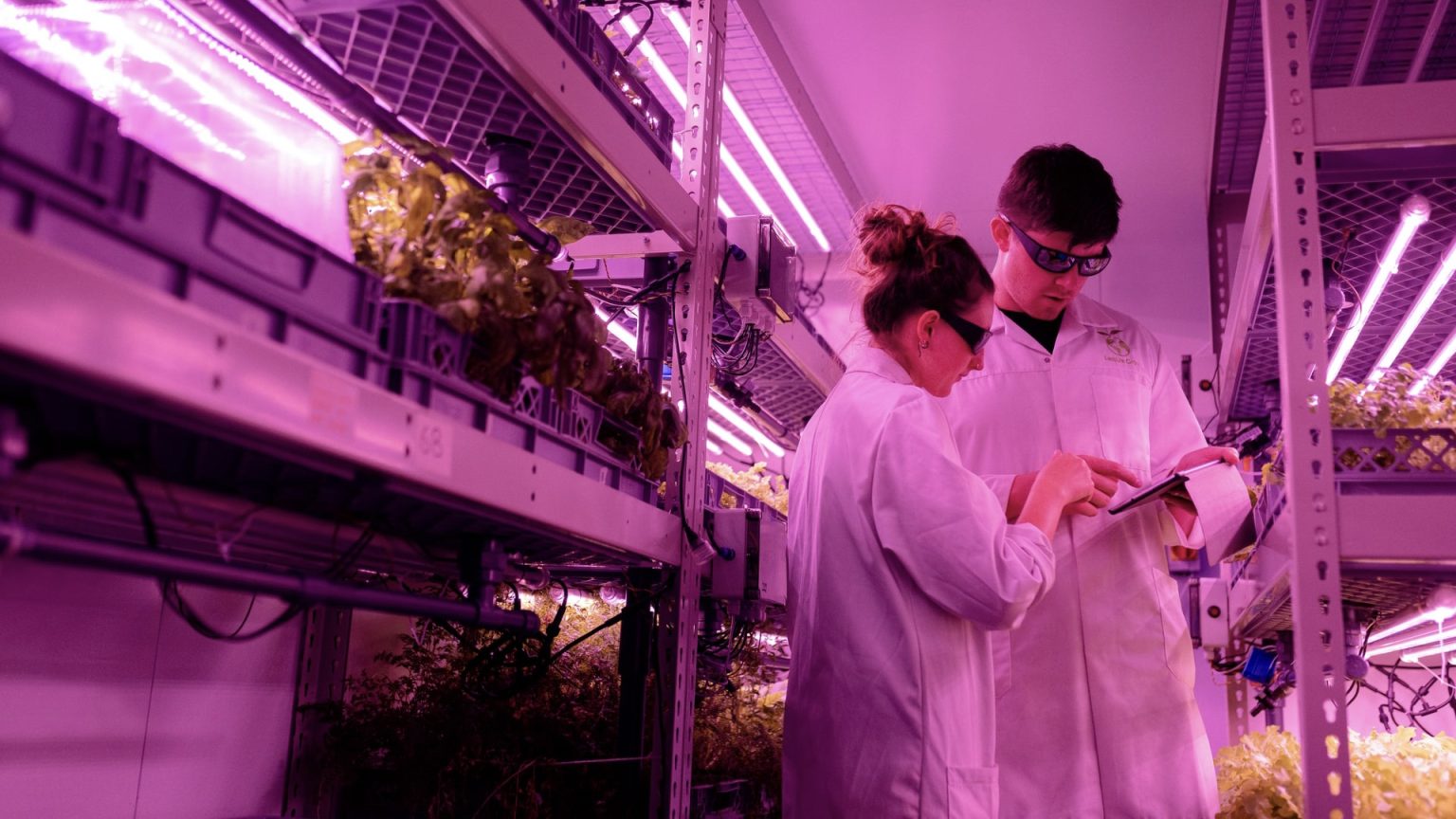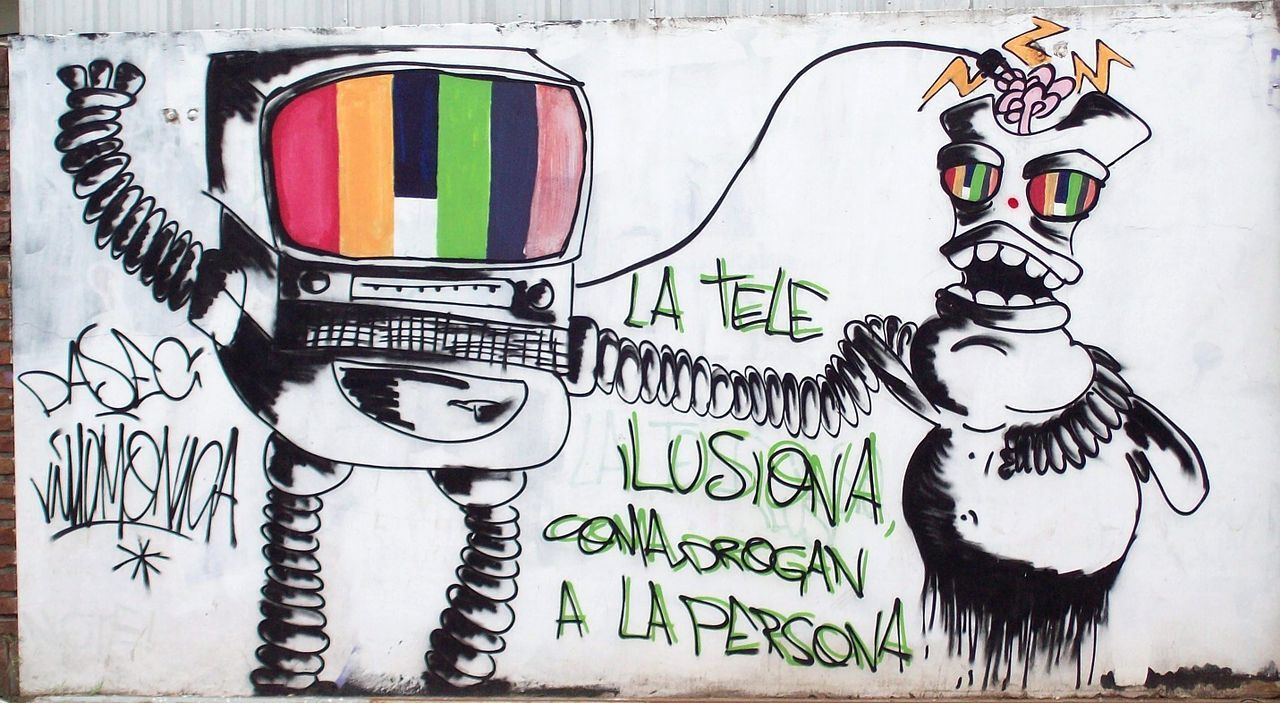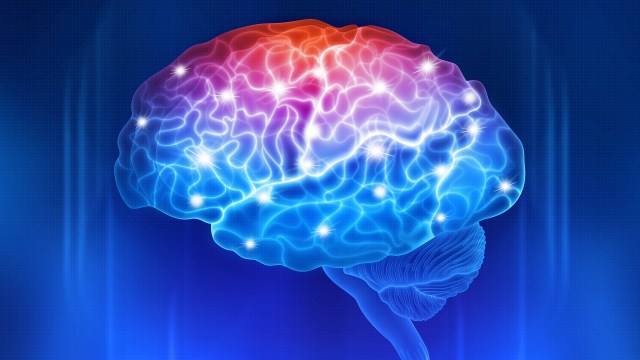Can fake news help you remember real facts better?
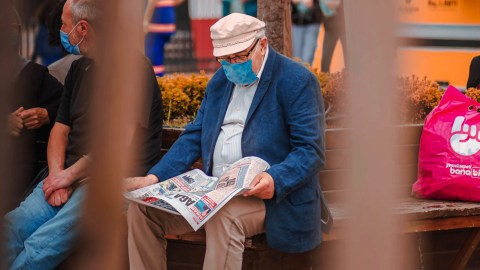
- In 2019, researchers at Stanford Engineering analyzed the spread of fake news as if it were a strain of Ebola. They adapted a model for understanding diseases that can infect a person more than once to better understand how fake news spreads and gains traction.
- A new study published in 2020 explores the idea that fake news can actually help you remember real facts better.
- "These findings demonstrate one situation in which misinformation reminders can diminish the negative effects of fake-news exposure in the short term," researchers on the project explained.
Fake news spreads like a virus. In 2019, researchers at Stanford Engineering analyzed the spread of fake news as if it were a strain of Ebola. The researchers adapted a model for understanding diseases that can infect a person more than once to better understand how fake news spreads and gains traction.
Researchers studied how many people are “susceptible” to the disease (or in this case, how many people are likely to believe a certain piece of fake news). The researchers also looked at how many people are exposed to fake news, how they are actually “infected” (believing the story), and how many people are likely to then spread that “infection” (misinformation) on to others.
Much like a virus, this study concluded that over time, being exposed to multiple strains of fake news can wear down a person’s resistance and make them increasingly susceptible to believing it. The more times a person is exposed to the same fake news, especially if it is coming from an influential source, the more likely they are to become persuaded, no matter the likelihood of such news being true.
“The so-called ‘power-law’ of social media, a well-documented pattern in social networks, hold that messages replicate most rapidly if they are targeted at relatively small numbers of influential people with large followings,” the researchers explained in the Stanford study.

How does misinformation spread?Credit: Visual Generation on Shutterstock
What is the “continued-influence” effect?
A challenge in using corrections effectively is that repeating the misinformation can have negative consequences. Research on this effect (referred to as “continued-influence”) has shown that information presented as factual that is later deemed false can still contaminate memory and reasoning. The persistence of the continued-influence effect has led researchers to generally recommend avoiding repeating misinformation.
“Repetition increases familiarity and believability of misinformation,” the study explains.
What is the “familiarity-backfire” effect?
Studies of this effect have shown that increasing misinformation familiarity through extra exposure to it leads to misattributions of fluency when the context of said information cannot be recalled. A 2017 study examined this effect in myth correction. Subjects rated beliefs in facts and myths of unclear veracity. Then, the facts were affirmed and myths corrected and subjects again made belief ratings. The results suggested a role for familiarity but the myth beliefs remained below pre-manipulation levels.
Where the evidence of fake news is really hiding | Eli Pariser | Big Thinkwww.youtube.com
A 2020 study published in the journal of Psychological Science explores the idea that fake news can actually help you remember real facts better.
Fake news exposure can cause misinformation to be mistakenly remembered and believed. In two experiments, the team (led by Christopher N. Wahlheim) examined whether reminders of misinformation could do the opposite: improve memory for and beliefs in corrections to that fake news.
The study had subjects reading factual statements and then separate misinformation statements taken from news websites. Then, the subjects read statements that corrected the misinformation. Some misinformation reminders appeared before some corrections but not all. Then, subjects were asked to recall facts, indicate their belief in those recalls, and indicate whether they remembered the corrections and misinformation.
The results of the study showed that reminders increased recall and belief accuracy. These benefits were greater both when misinformation was recalled and when the subjects remembered that corrections had occurred.
Researchers on the project explained: “These findings demonstrate one situation in which misinformation reminders can diminish the negative effects of fake-news exposure in the short term.”
The conclusion: fake-news misinformation that was corrected by fact-checked information can improve both memory and belief accuracy in real information.
“We examined the effects of providing misinformation reminders before fake-news corrections on memory and belief accuracy. Our study included everyday fake-news misinformation that was corrected by fact-check-verified statements. Building on research using fictional, yet naturalistic, event narratives to show that reminders can counteract misinformation reliance in memory reports,” the researchers explained.
“It suggests that there may be benefits to learning how someone was being misleading. This knowledge may inform strategies that people use to counteract high exposure to misinformation spread for political gain,” Wahlheim said.


